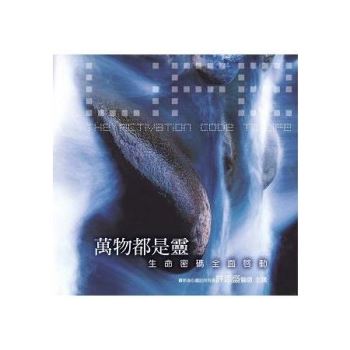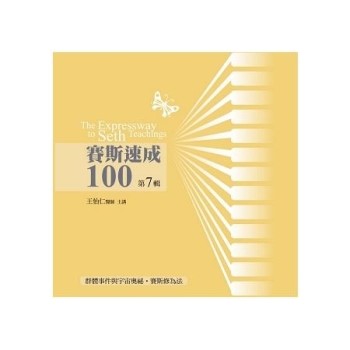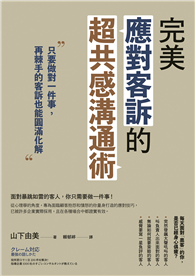This volume examines Jewish literature produced from c. 700 B.C.E. to c. 200 C.E. from a socio-theological perspective. In this context, it offers a scholarly attempt to understand how the ancient Jewish psyche dealt with times of extreme turmoil and how Jewish theology altered to meet the challenges experienced.
The volume explores various early Jewish literature, including both the canonical and apocryphal scripture. Here, reference is often made to a divine epiphany (a moment of unexpected and prodigious revelation or insight) as a response to abuse, suffering and passion. Many of the chapters deal with these issues in relation to the Antiochan crisis of 169 to 164 B.C.E. in Judea, one of the more notable periods of oppression. This watershed event appears to have served as a catalyst for the new apocalyptic texts which were produced up until c. 200 C.E, and which reflect a new theological dynamic in Judaism - one that informed subsequent Christianity and Rabbinic Judaism.
Passion, Persecution and Epiphany in Early Jewish Literature will be of interest to anyone working on the Bible (both Masoretic and LXX) and early Jewish literature, as well as students of Jewish history and the Levant in the classical period.











